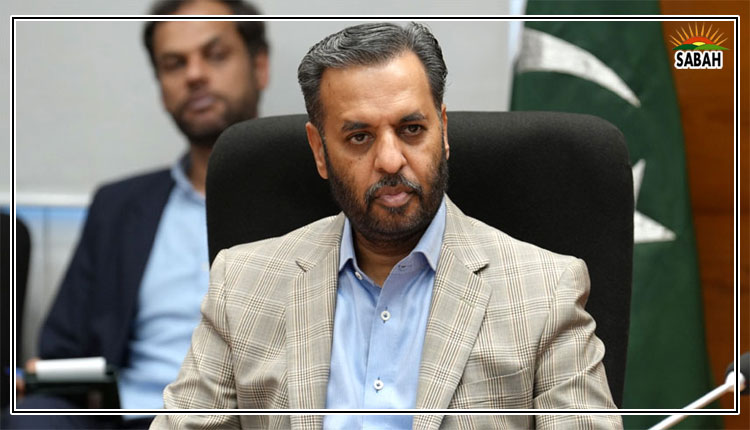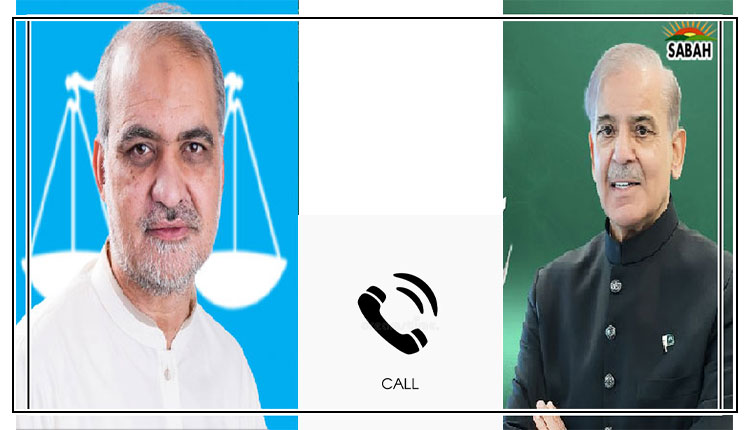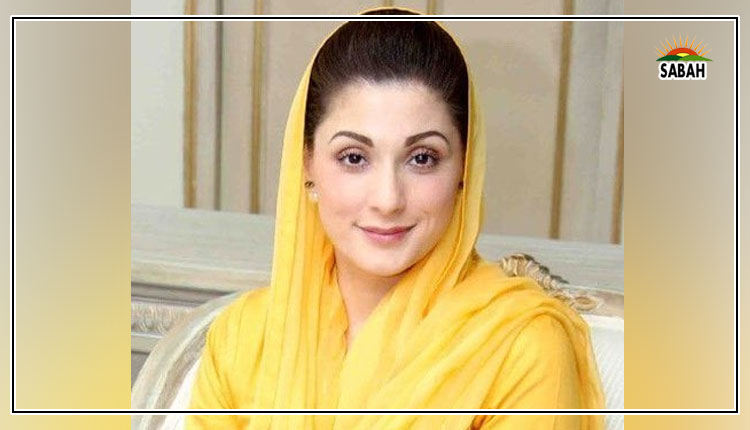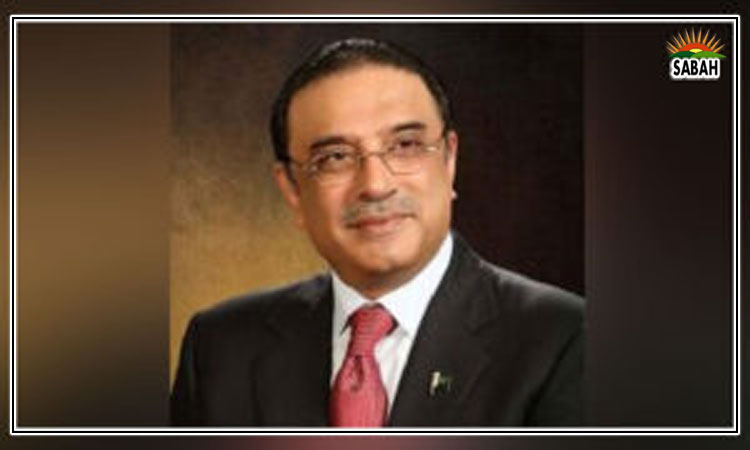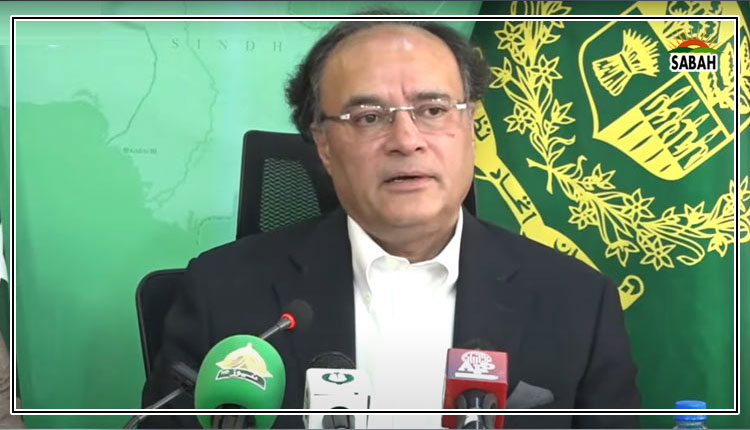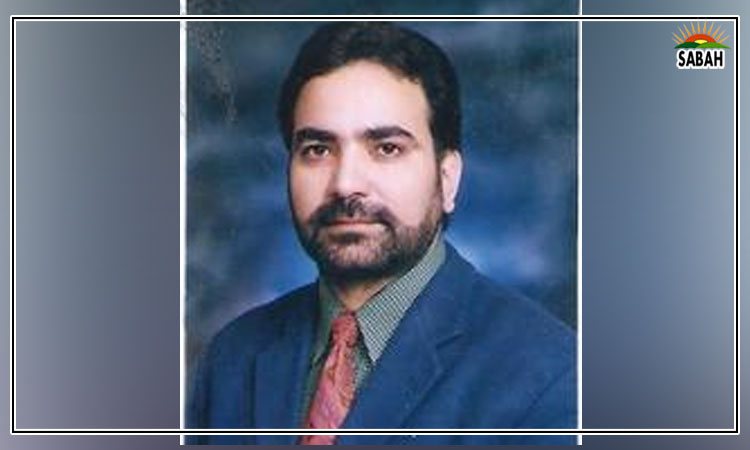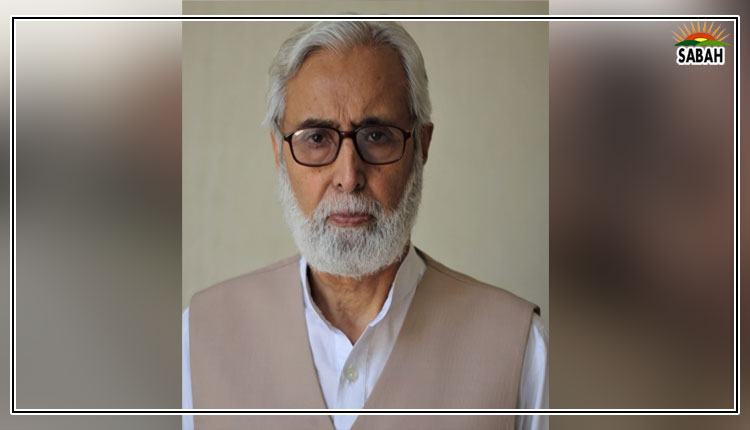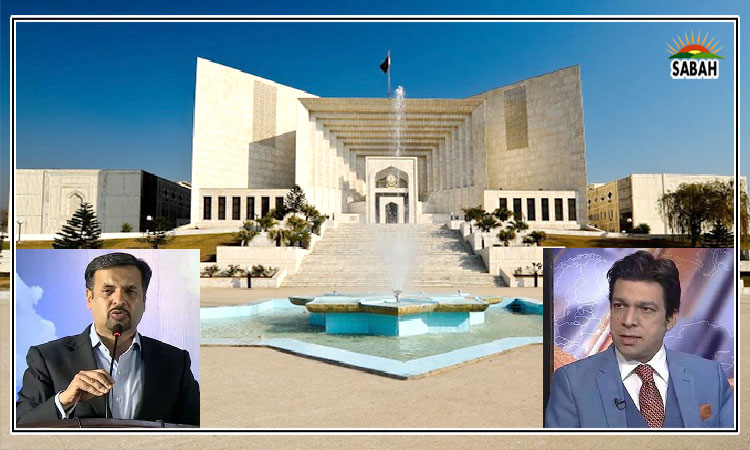Supreme Court issues show-cause notices to Faisal Vawda, Mustafa Kamal over remarks against judiciary
ISLAMABAD, May 17 (SABAH): The Supreme Court on Friday issued show-cause notices to Senator Faisal Vawda and MQM-Pakistan lawmaker Mustafa Kamal over their recent blistering criticism of high court judges.
A three-judge bench consisting of Chief Justice of Pakistan Qazi Faez Isa, Justice Irfan Saadat Khan and Justice Naeem Akhtar conducted the hearing on suo motu taken after Vawda’s press conference last Wednesday, where he indirectly implied that high court judges had vilified the country’s intelligence agencies.
Initiating the suo motu proceedings, CJP Isa directed Faisal Vawda and Mustafa Kamal to file their responses to the show-cause notices within two weeks.
The chief justice also instructed the PEMRA (Pakistan Electronic Media Regulatory Authority) to submit the video recording and transcript of Vawda’s press conference, which he addressed at the National Press Club in Islamabad on May 15, Wednesday. The court, while instructing Vawda and Kamal to file their responses within two weeks, adjourned the hearing until June 5.
At the outset of the proceedings, CJP Isa asked Additional Attorney General Aamir Rehman to inform the court whether or not Vawda’s press conference fell under the category of contempt of court. He replied that the relevant part of the video that he got his hands on had no sound, adding that he heard some of it in a news bulletin.
CJP Isa noted that there had been more criticism against him, but he ignored it, adding that taking advantage of this neglect, the judiciary was being disrespected now. The chief justice made it clear that no one would be allowed to target institutions, adding that if anyone had any grievances, they were welcome to address them directly.
Justice Isa remarked that good and bad people existed everywhere, be it in the domain of journalism or judiciary. The CJP questioned why all this drama and shouting was needed, asking, “Do you want to lower the integrity of courts through this type of comments?”
The CJP said there should be a limit to criticism, emphasising the need for constructive criticism. The chief justice noted that Mustafa Kamal [in his press conference] mentioned Bhutto, but observed that his only intention was to defame the judiciary. “If you want to speak, do it in parliament, why the press club?”
CJP Isa added that “both Faisal Vawda and Mustafa Kamal came forward. Both are members of parliament. They could have spoken in the assembly, why did they choose the press clubs?”
“The conduct of judges cannot be discussed in parliament either,” he went on to say. The chief justice stated that if one member of the National Assembly was wrong, then the entire parliament could not be called wrong.
Justice Isa warned against using foul language, saying, “It is not appropriate. You are destroying institutions. Do not attack everything.” He added that “if contempt of court was taken, who would come to their rescue? It will be the attorney general.”
At this juncture, the chief justice had a brief chat with the additional attorney general, asking him should there be a show-cause notice or just a notice.
Later, the court issued show-cause notices to Faisal Vawda and Mustafa Kamal, directing them to respond within two weeks. The chief justice remarked that “notices have been issued to both individuals. Come criticise us in our face.”
The court also instructed the Pakistan Electronic Media Regulatory Authority (PEMRA) to produce the video recording and transcript of Faisal Vawda’s press conference.
In its short order, the court observed that prima facie, contempt of court has taken place; Vawda and Kamal should clarify their explanations.
Vawda said on Thursday evening that he was ready to appear before an honest chief justice. “I stand by what I said in the press conference [on Wednesday]. I did not mention any judge’s name. If you accuse me, you’ll have to provide evidence,” the senator said in a statement.
Vawda stated that he had been singled out, despite Sindh Governor Kamran Tesorri, PML-N leader Talal Chaudhry, Information Minister Attaullah Tarar, and MQM-P leader Mustafa Kamal also speaking on the matter.
At a press conference on Wednesday, Vawda stated that the high court judges must either provide evidence to support their accusations or refrain from vilifying state institutions.
The senator raised questions about assertions made by Islamabad High Court judge Babar Sattar, adding, “Merely making accusations isn’t enough; evidence must be presented in court.” The senator assured that he would stand by the judges if evidence is presented, underlining the importance of exposing those meddling in judicial matters.
Vawda highlighted the sacrifices made by soldiers and policemen alike, questioning if the constitution mandates laying down of lives by them [police and military] alone. He deplored that the way intelligence agencies were repeatedly mentioned, it seemed as if a state institution was being mocked.
Vawda also berated politicians, suspecting their involvement. The senator called for an end to this maligning, emphasising the importance of halting Pakistan’s economic decline. Vawda said that anyone who poses a challenge to Pakistan will face repercussions. “Those who show respect will receive double in return, while those who act inappropriately will face double the consequences.”
He advised against behind-the-scenes gossip, encouraging transparency and openness. The former minister urged Justice Babar Sattar to provide proof of the alleged interference. He also called upon the Supreme Judicial Council (SJC) to intervene in the issue.
Last Wednesday, PML-N leader Talal Chaudhry in a presser raised questions over the accusations laid by judges of the Islamabad High Court against the intelligence agencies. Talal stated that the judges should not be pointing finger at the institutions without any evidence.
The following day, MQM-P leader Mustafa Kamal threw the judiciary’s alleged shortcomings under spotlight, underlining the need for establishing ethical standards for judges. Kamal remarked that the judiciary had set ethical standards for politicians but the dual citizenship of judg


